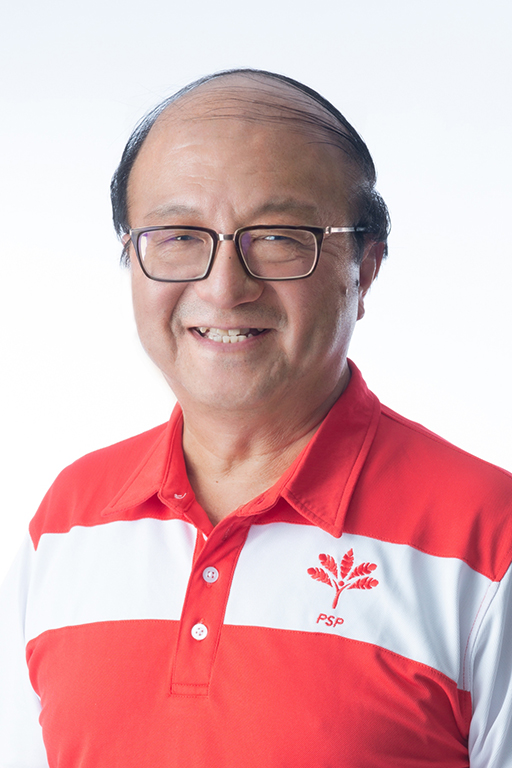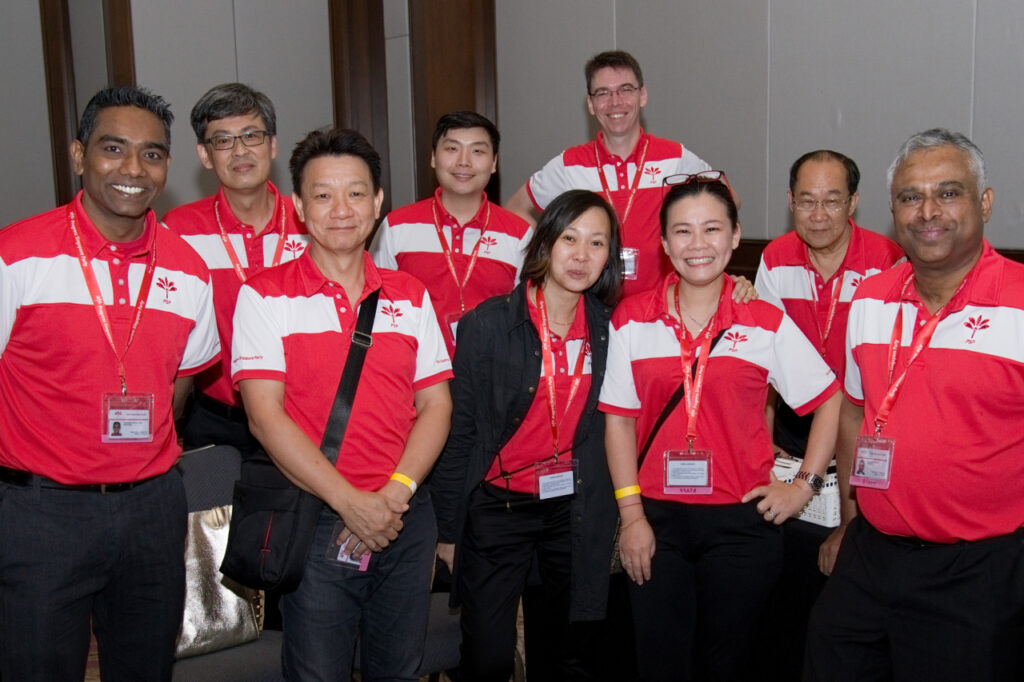For 6 consecutive days, from 28 September till yesterday (3 Oct 2021), the number of daily locally transmitted Covid-19 cases has exceeded 2000. This number, the Multi-Ministry Taskforce (MTF) says is likely to remain high in the days ahead. The good news is that majority of these cases are either mild or asymptomatic. The current usage of hospital facilities (including O2 therapy and ICU bed usage) remains manageable. Nevertheless, we must remain super-vigilant to guard against overwhelming the hospital facilities.
Yes, the MTF is balancing between “please be patient…our overall strategy to reopening has not changed” and “we have gone beyond that point (of calling for lockdown or further tightening of measures amidst the rising cases) and are no longer focusing solely on headline numbers” (MTF Co-chairman Lawrence Wong, 2 October 21, Yahoo News).
This balancing act must be explained clearly to the people on the ground so that they can understand some of the new measures such as Home Recovery which is now the default care management model for the majority of COVID-19 patients who are either asymptomatic or mild. The new measures must be easily understood and carried out on the ground. We must not have complicated instructions which will only confuse our ordinary citizens and increase their anxiety or negative mental state.
Last year, the PSP website featured a video on the mental health impact of the Covid-19 crisis, explaining to Singaporeans the stages we would normally go through in reacting to a crisis and how, if successfully managed, we would be able to reach the last stage which is coming to terms, finding meaning, and developing post-crisis resilience.
After close to 2 years of the Covid-19 pandemic, it seems that many of us are still struggling to cope with the crisis. The negative impact on the ground is palpable. A recent survey (Straits Times 28 Sep 21) shows that 76% of Singaporeans are feeling “sad or depressed”. Last year, 75% of Singaporeans and permanent residents are feeling anxious about the impact of COVID-19 on our economy.
How do we cope on the ground, given this new approach to the Covid-19 pandemic and new measures such as Home Recovery? How do we help each other to cope given this climate of prolonged uncertainty?
Let us start with the 4 aspects of well-being: physical, mental, spiritual and social (the analogy is the 4 legs of a chair).
Physical well-being starts with self-care. Take good care of 3 basic things: eating, sleeping and exercising. Eat adequately and well to nourish one’s body. Sleep adequately to ensure the body gets a chance to rest and repair itself. Keep the body active through engaging in exercises or sports. Mental well-being is about engaging the mind in activities such as mindfulness practice (i.e. focus on the present and the positive, in a non-judgmental way, with an open mind to explore possibilities), drawing, singing, reading, playing musical instruments or any hobby that can keep one’s mind active. Some activities such as dancing or yoga promote both physical and mental well-being at the same time.
For spiritual well-being, it’s about any activity that can lift the spirit. It can be religious pursuit, philosophical inquiry, or meditation or simply relaxing and enjoying the beauty of life.
Engaging socially with others is the fourth aspect of wellness. Face-to-face interaction is going to be difficult and is markedly decreased during this crucial period. Hence, we should make it a point to link up with friends through social media chat groups.
Given Home Recovery is now the default mode, many asymptomatic or mild cases will be cooped up at home. Negatively, one is isolated but positively, one is at home with loved ones away from the hospital. Alone does not mean loneliness. It is a chance to strengthen one’s resolve and develop one’s resilience.
“This pandemic is dangerous, but if we keep waiting for it to die out, we will die first from the economic crisis.” (ST, 2 October 2021). – Mr Bui Quoc Thai, director of the tourism department of Kien Giang province, Vietnam.
We don’t have to wait for the crisis to die out. Seize the opportunity to develop and strengthen all 4 legs of the wellness “chair”. Nothing will prevent the mind from developing the 4 legs if the mind is determined and willing. Keep safe, keep fit and sound.
by Dr Ang Yong Guan, taken with permission from his Facebook post.
(For more of Dr Ang’s advice on how to stay mentally strong during Covid Pandemic, you may visit his Facebook )


